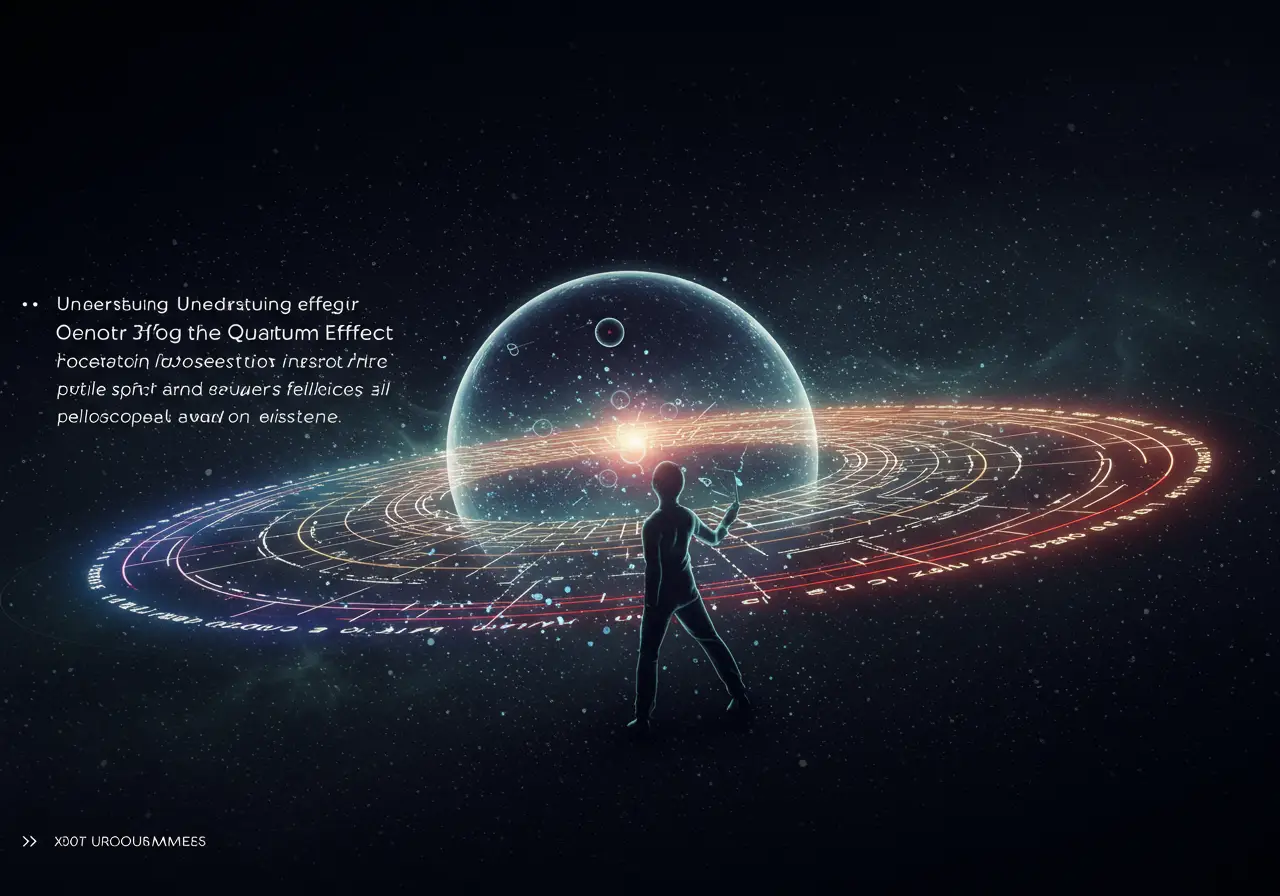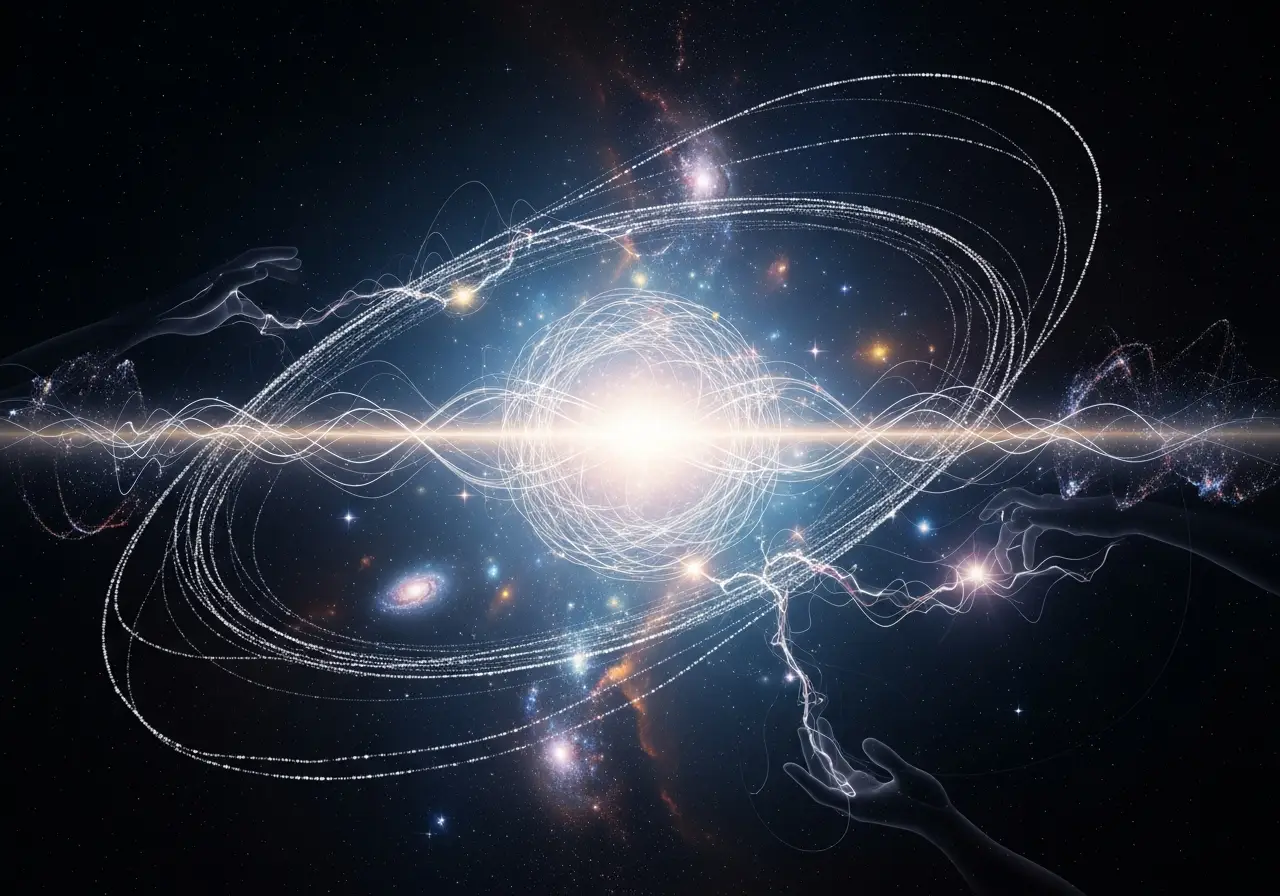Let’s take a step back and explore the Quantum Zeno Effect in a more relatable and straightforward way. At its core, this is a fascinating concept from the world of quantum mechanics that might sound a bit like science fiction. Imagine you’re watching a pot of water boil, and somehow, just by observing it, you prevent it from ever boiling. This might sound strange, but it’s a simplified way to think about how observation can influence tiny particles in quantum physics.
In the Quantum Zeno Effect, the act of constantly measuring or observing a system can actually hold its state steady. Imagine particles wanting to move and change, but under our constant watch, they seem to pause, like a deer caught in headlights. This effect not only intrigues scientists but also sparks questions about how deeply interconnected our observation—and perhaps even our consciousness—is with the universe.
This isn’t just theoretical musing. Practical implications abound, especially in technologies like quantum computing. By applying this principle of “freezing” states, researchers are looking at ways to make quantum computers more stable and capable, potentially revolutionizing computing power in ways we can only begin to imagine today.
Beyond the complex scientific landscape, this effect nudges us to reflect on a broader philosophical level. Just as observing quantum particles can influence their state, could our perceptions and interpretations of everyday life shape outcomes in ways we don’t yet fully understand? It’s a profound invitation to consider how we perceive reality and the impact our conscious awareness has on the world.
Exploring the Quantum Zeno Effect invites both wonder and contemplation, bridging the gap between esoteric scientific principles and meaningful philosophical questions about the nature of observation, existence, and change. As we delve into these ideas, we find them prodding at the edges of what we know, unlocking new ways to see the world and our place within it.




